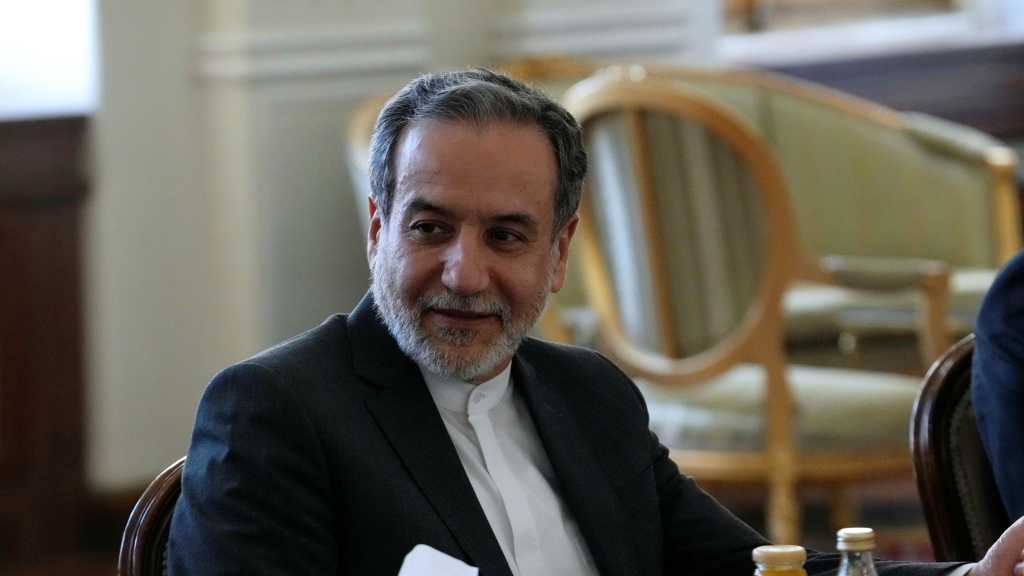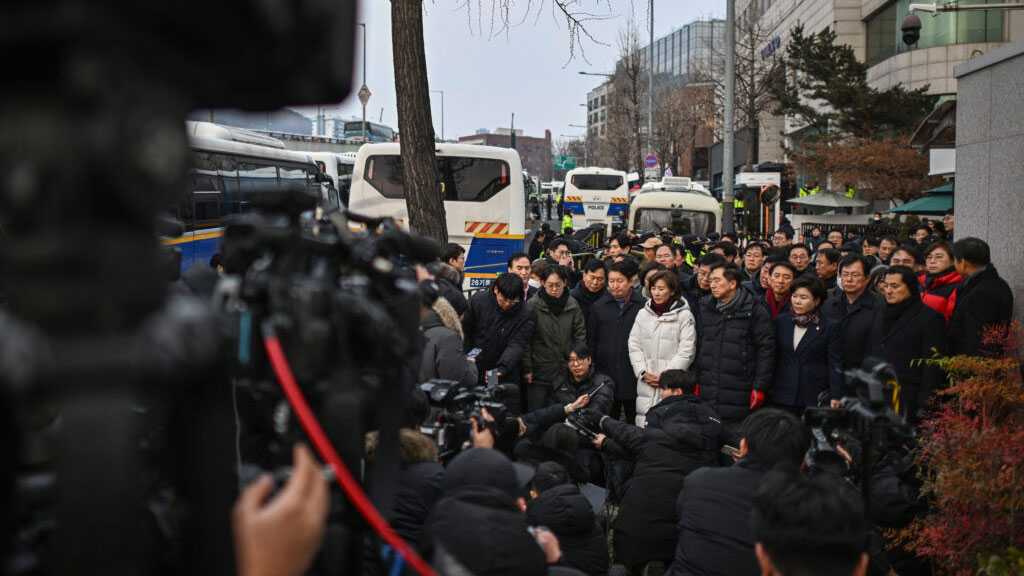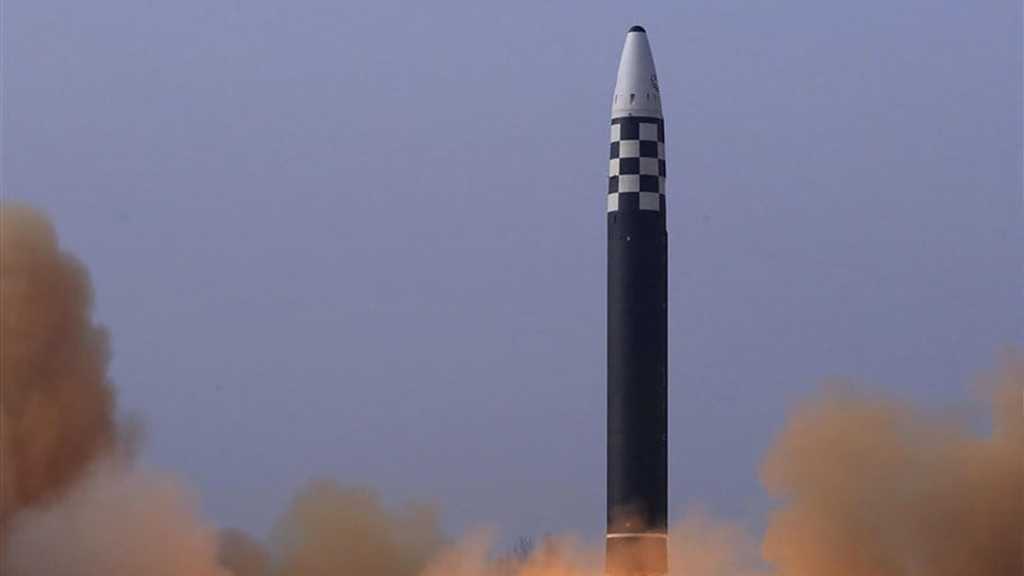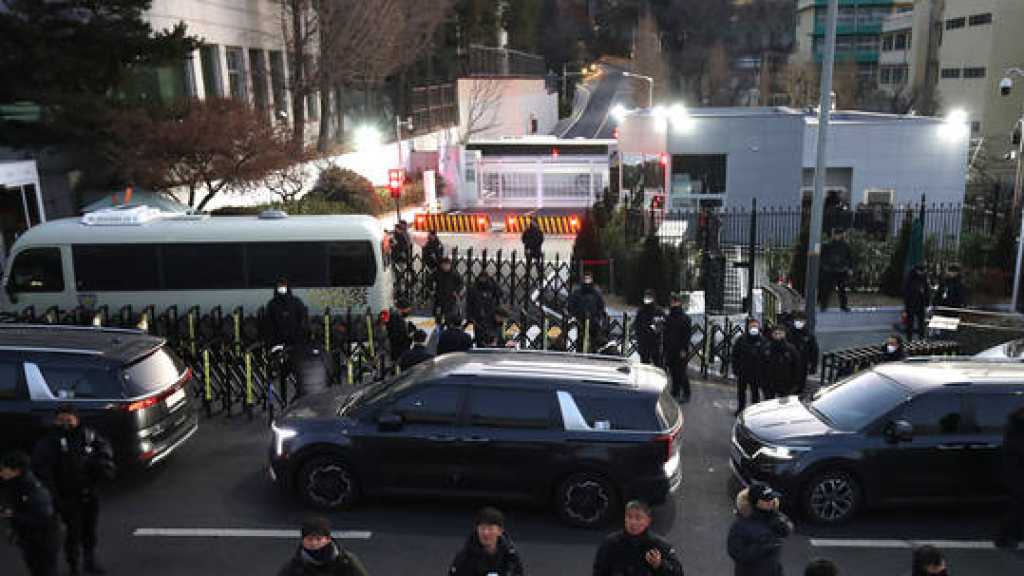South Korea: Thousands Protest US Missile Deployment
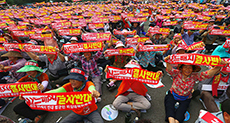
Local Editor
In protest against their recent government's decision to allow the deployment of an advanced US missile system, thousands of South Koreans poured into the capital, Seoul.
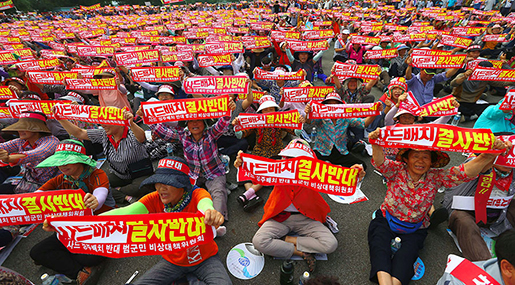
The rally was held on Thursday, when the demonstrators demanded the revocation of the government's decision to approve the deployment of the Terminal High Altitude Area Defense [THAAD].
The system is declared to be targeted against perceived threats from North Korea.
Chanting slogans against the plan, the demonstrators voiced their grievances about the possible negative health and environmental impacts that may result from the deployment of the system.
South Korean President Park Geun-hye earlier declared the implementation of the plan as "inevitable," citing a sense of urgency to ramp up missile defense capabilities against the North.
She further stated: "The government will take all necessary measures to protect the national safety and our people's lives from North Korean threats. Our military should be fully ready to strongly retaliate against any kind of North Korean provocations."
The decision to have the system deployed, which was announced on July 8, has been met with opposition both in South Korea as well as outside the country.
China, which shares a border with North Korea, has been voicing its opposition to the deployment of the system for months, warning that it would destabilize regional security.
A THAAD missile is launched during a successful intercept test, in this undated handout photo provided by the US War Department.
Russia has also opposed the plan, arguing likewise that the missile system will undermine stability in the region and "most negatively affect global strategic stability."
North Korea, too, has threatened to take "physical action" in response to the deployment of the missile system on the Korean Peninsula.
According to the South Korean Defense Ministry, the US missile system will be deployed in the southeastern county of Seongju, located 296 kilometers southeast of the capital, to maximize its effectiveness while minimizing any impact on residents and the environment. The ministry has also said it aims to have the system operational by the end of 2017.
Among the demonstrators in the Thursday rally in Seoul were many residents of Seongju.
Source: News Agencies, Edited by website team
Comments
- Related News

